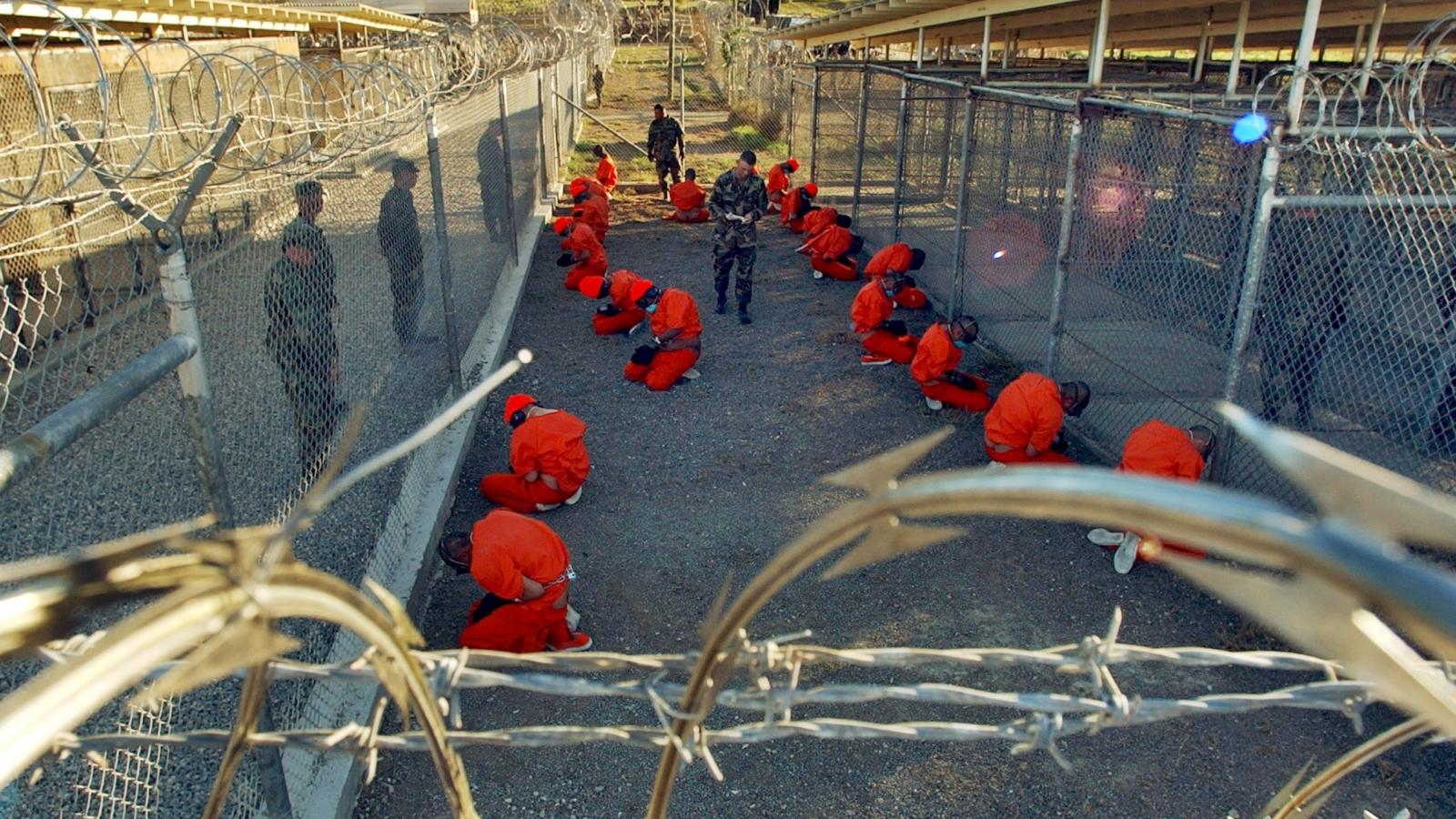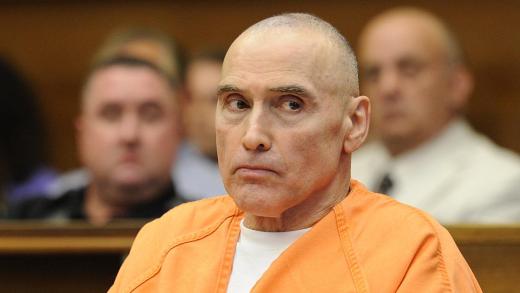An updated version of our episode "Habeas Schmabeas," which won a 2006 Peabody Award. Listen to a special, uncut version.
-
Download Control-click (or right-click) Tap and hold to download
- Subscribe on Spotify Subscribe in Apple Podcasts Subscribe
- Transcript

The right of habeas corpus has been a part of our country's legal tradition longer than we've actually been a country. It means that our government has to explain why it's holding a person in custody. But now, the War on Terror has nixed many of the rules we used to think of as fundamental. At Guantanamo Bay, our government initially claimed that prisoners should not be covered by habeas—or even by the Geneva Conventions—because they're the most fearsome enemies we have. But is that true? Is it a camp full of terrorists, or a camp full of our mistakes?
Prologue
There's No U.s. In Habeas.
September 11th, 1660
Habeas corpus began in England. And recently, 175 members of the British parliament filed a "friend of the court" brief in one of the U.S. Supreme Court cases on habeas and Guantanamo—apparently, the first time in Supreme Court history that's happened. In their brief, the members of Parliament warn about the danger of suspending habeas: "During the British Civil War, the British created their own version of Guantanamo Bay and dispatched undesirable prisoners to garrisons off the mainland, beyond the reach of habeas corpus relief." In London, reporter Jon Ronson, author of Them: Adventures with Extremists, goes in search of what happened. (7 minutes)



